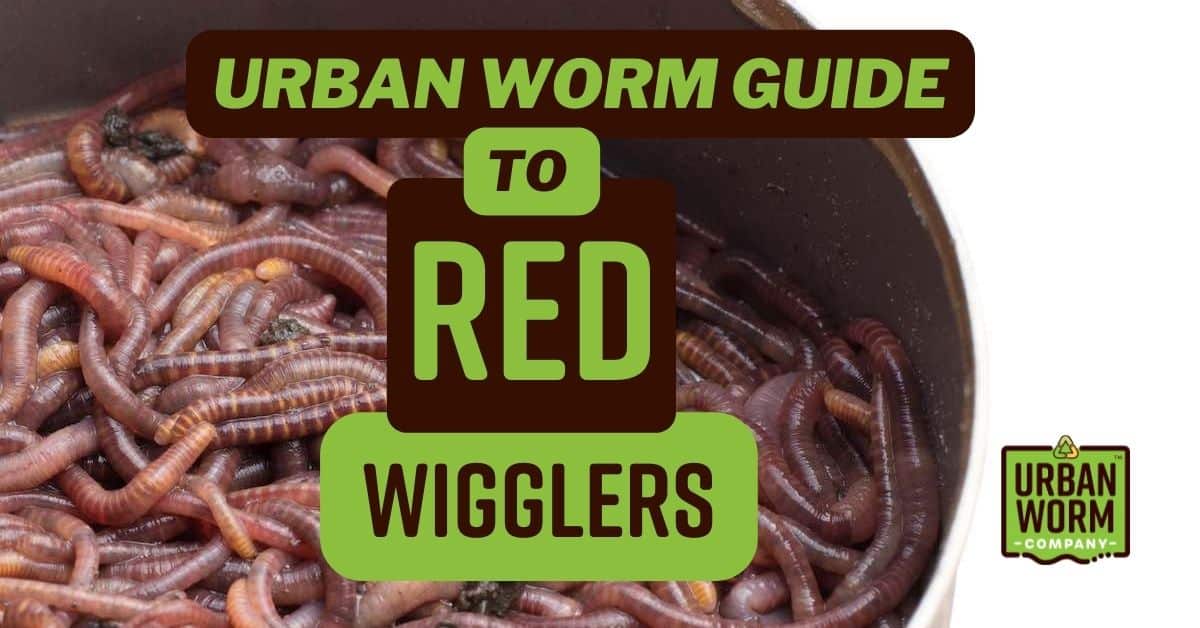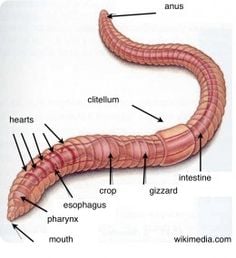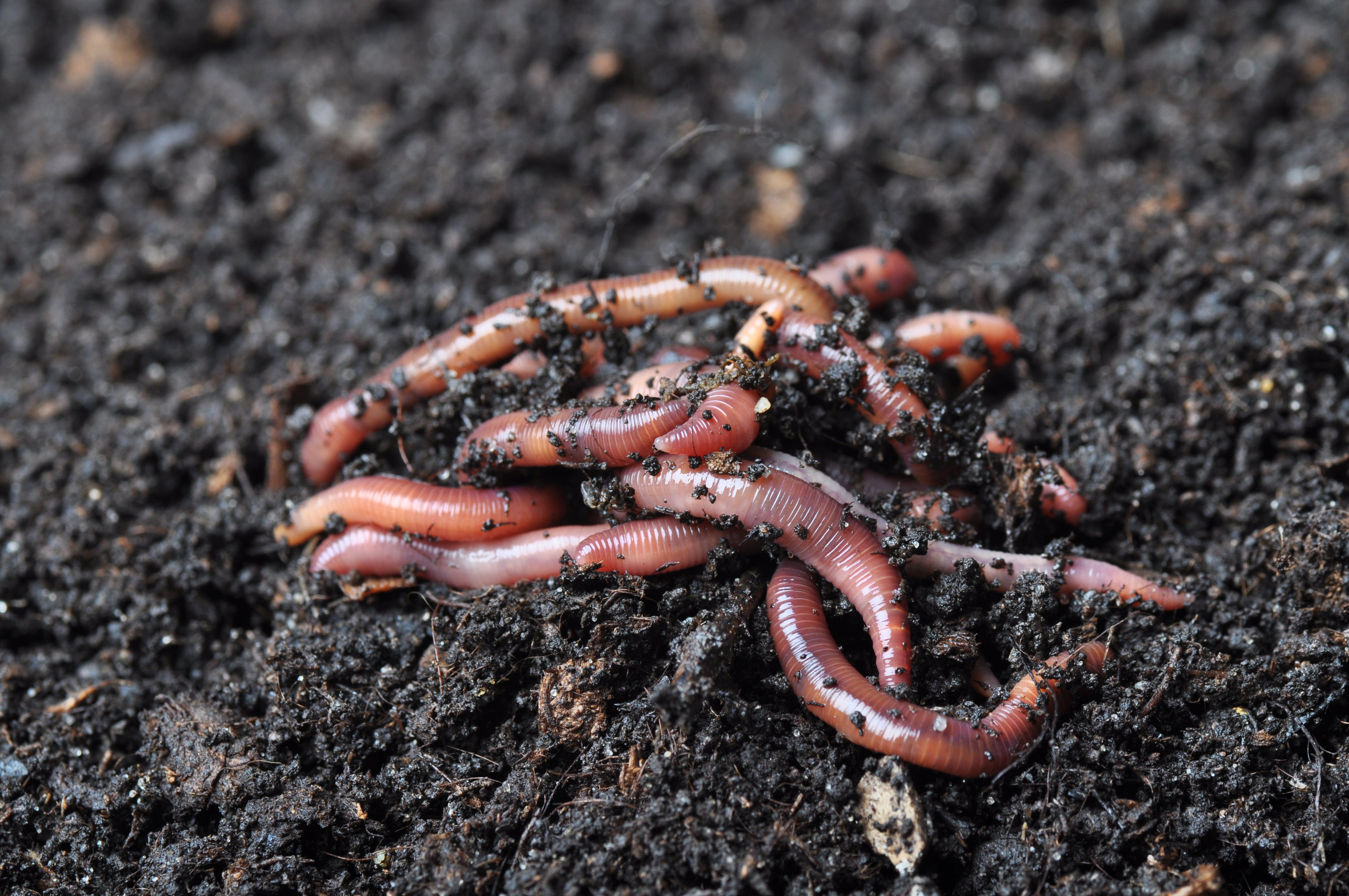Red Wiggler Worms Demystified: Opening the Secrets of Vermiculture for Greener Living and Nutrient-Rich Dirt
In the world of lasting practices for enriching dirt top quality and promoting eco-conscious living, red wiggler worms play a crucial yet usually overlooked duty. Red Wiggler Worms. Recognizing the complexities of caring for these worms, enhancing their setting, and harnessing their castings can lead to a greener way of life and much healthier dirt for plants to flourish.
The Role of Red Wiggler Worms
Red Wiggler worms play a vital duty in composting systems by efficiently breaking down raw material into nutrient-rich spreadings. These ravenous eaters consume a variety of natural products, such as kitchen scraps, yard waste, and paper products. As they feed, the worms' gastrointestinal processes damage down the raw material right into a fine, dark, and nutrient-dense material called worm castings or vermicompost.
The castings generated by Red Wiggler worms are extremely useful for soil health and plant development. They are rich in vital nutrients like nitrogen, potassium, and phosphorus, which are essential for supporting healthy and balanced plant advancement. Additionally, worm castings have helpful microbes and enzymes that aid enhance dirt structure, boost water retention, and enhance nutrient uptake by plants.
Benefits of Vermicomposting

It improves soil structure, boosts soil oygenation, and boosts dirt moisture retention. Vermicompost likewise improves the soil with essential nutrients like potassium, phosphorus, and nitrogen, promoting plant development and overall dirt fertility.
Additionally, vermicomposting supports lasting gardening techniques by supplying a chemical-free and natural choice to synthetic plant foods. Red Wiggler Worms. This eco-friendly technique not just enriches the dirt yet additionally helps in reducing reliance on harmful chemicals, advertising a greener and more sustainable way of gardening
Setting Up a Worm Bin
When establishing a worm bin for vermicomposting, appropriate configuration is critical to ensure the success of the composting process. The primary step in setting up a worm bin is selecting a suitable container. This can be a plastic bin or wood box that gives adequate room for the worms to move and has appropriate drainage holes to prevent waterlogging. Next, a bedding material such as shredded newspaper, cardboard, or coconut coir must be contributed to the container. This bed linen supplies a comfortable environment for the worms and helps maintain moisture degrees.
After including the bed linen, introduce the red wiggler worms to the container. It is advised to begin with a little number of worms and slowly increase as they increase. The worms must after that be given with food scraps such as vegetables and fruit peels, coffee grounds, and eggshells. It is important to stay clear of see it here including meat, dairy products, oily, or salted foods to avoid attracting parasites and producing unpleasant smells.
Regularly check the moisture degrees and temperature in the worm bin to make certain ideal problems for the worms. With proper configuration and maintenance, the worm bin will properly convert natural waste into nutrient-rich compost for your plants and garden.
Gathering Worm Castings
To successfully collect nutrient-rich worm castings from your vermicomposting system, a methodical harvesting approach is vital. When it comes site web time to gather the worm castings, there are a couple of vital actions to comply with to make sure an effective procedure.

Troubleshooting Common Issues
Determining and dealing with usual difficulties that might develop throughout the vermicomposting process is vital for maintaining a healthy and balanced and productive worm bin. One usual issue that vermicomposters experience is overfeeding. Including excess food scraps can result in an accumulation of wetness and level of acidity in the worm bin, potentially damaging the worms. To stop this, feed the worms in moderation, ensuring that the food scraps are properly broken down before including extra. Another problem is unpleasant smells rising from the worm container. Foul smells indicate anaerobic conditions, normally triggered by overwatering or poor air flow. To remedy this, adjust the moisture levels by adding dry bedding products like shredded Continue newspaper or cardboard and increase aeration by turning the bed linen on a regular basis.
Furthermore, if the worm population is declining or the worms show up harmful, maybe as a result of ecological stressors such as extreme temperature levels or pH degrees. Monitoring these variables and making essential changes is crucial for the health of the worms. By fixing these typical issues promptly, vermicomposters can make certain a smooth and effective vermicomposting process while preserving a thriving worm populace.

Conclusion
In verdict, red wiggler worms play an essential function in vermiculture by damaging down natural matter into nutrient-rich soil. Establishing up a worm container is necessary for successful vermiculture, and harvesting worm castings provides valuable compost for gardening.
As they feed, the worms' gastrointestinal processes damage down the natural matter into a fine, dark, and nutrient-dense material known as worm spreadings or vermicompost.
The spreadings created by Red Wiggler worms are highly helpful for dirt wellness and plant growth. Adding excess food scraps can lead to a build-up of dampness and level of acidity in the worm bin, possibly hurting the worms.Furthermore, if the worm population is decreasing or the worms appear undesirable, it can be due to ecological stressors such as severe temperature levels or pH levels. Establishing up a worm bin is important for successful vermiculture, and harvesting worm spreadings offers valuable garden compost for gardening.